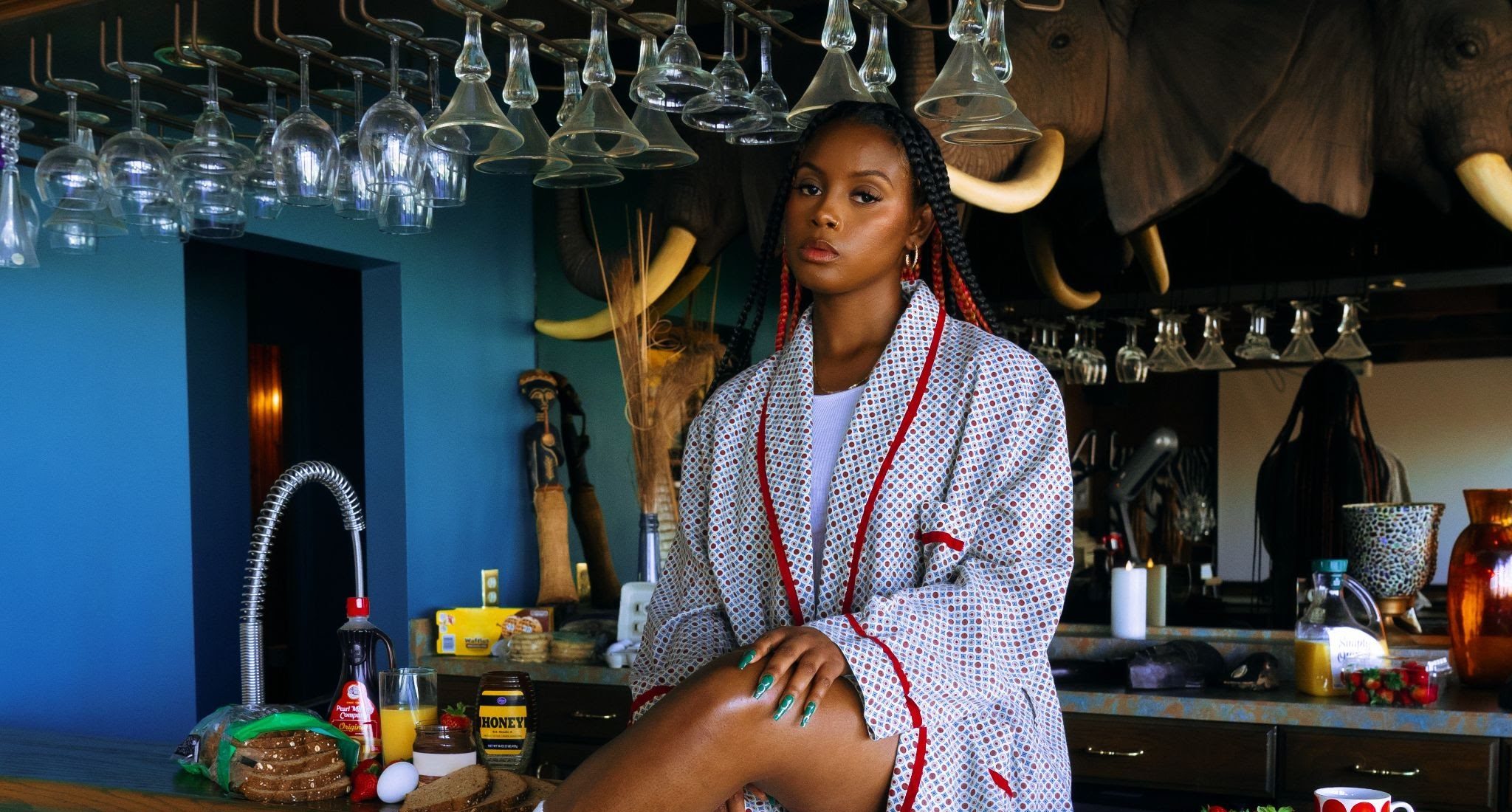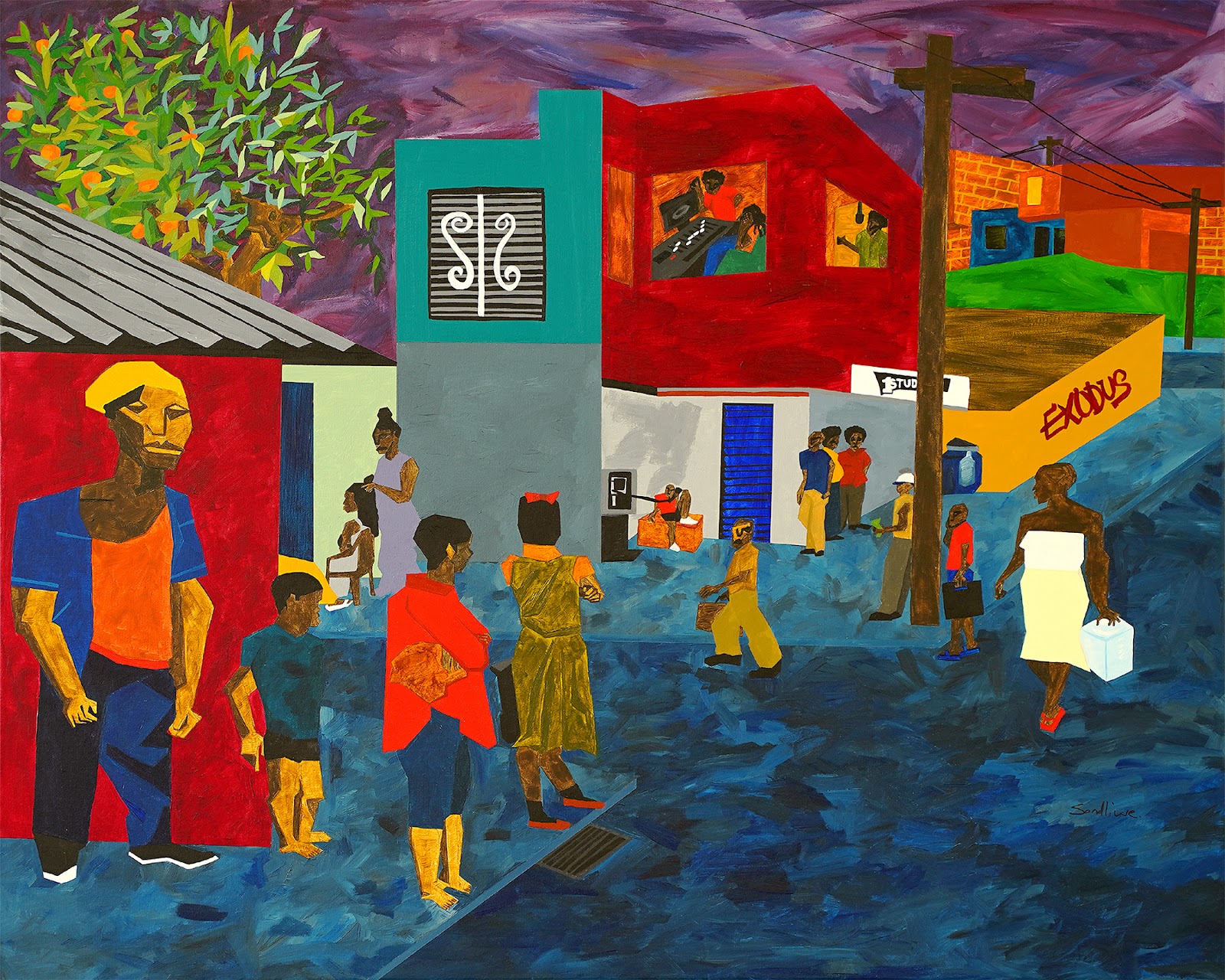Ladipoe, A True Leader Of The Nigerian Afro-Rap Scene [@LadiPoe]
![Ladipoe, A True Leader Of The Nigerian Afro-Rap Scene [@LadiPoe]](https://guap.co/wp-content/uploads/2021/12/image0-scaled-1.jpeg)
Words by: Robert Solomon
Ladipoe displays no shortage of bravado. With a voice that seamlessly oscillates between euphonious and blunt, and with his music marked by witty one-liners which he tags “lifelines,” the Lagos-based rapper is on the verge of taking rap to a whole new beat.
For Ladipoe, consistency has been an invaluable trait that sets him afloat in the rap game. All through his productive discography since gaining traction following his work with Nigerian rap duo, SDC (Show Dem Camp), on “Feel Alright” in 2013, and succeeding releases, Ladipoe, real name Oladipo Eso, would evolve to become a coveted prospect in the eyes of major record labels, with the rapper ultimately joining the Mavin Records stronghold as the label’s first rapper in 2017.
In 2018, Ladipoe unveiled his debut extended playlist, T.A.P (Talk About Poe). The 10-track body of work was a re-introduction to his abilities as a wordsmith whose lyricism, flow, and delivery were unmatched. Further proving that his hype was more than real, his massive single “Feeling”, which featured fellow breakout Nigerian artist, Buju, remains one of the biggest songs of 2021, currently the most streamed song on Spotify in Nigeria and Ghana to date.
Now, Ladipoe has his eyes fixed on higher heights as he has recently released his sophomore extended playlist, Providence. “The release of Providence signified validation,” he tells GUAP about the project. “I’m very aggressive with the things that I want and I feel like this project needed to be out and I’m happy about it”.
GUAP hopped on a Zoom call with Ladipoe to discuss his new project, his journey, and his thoughts on the current Afro-rap community in Nigeria.
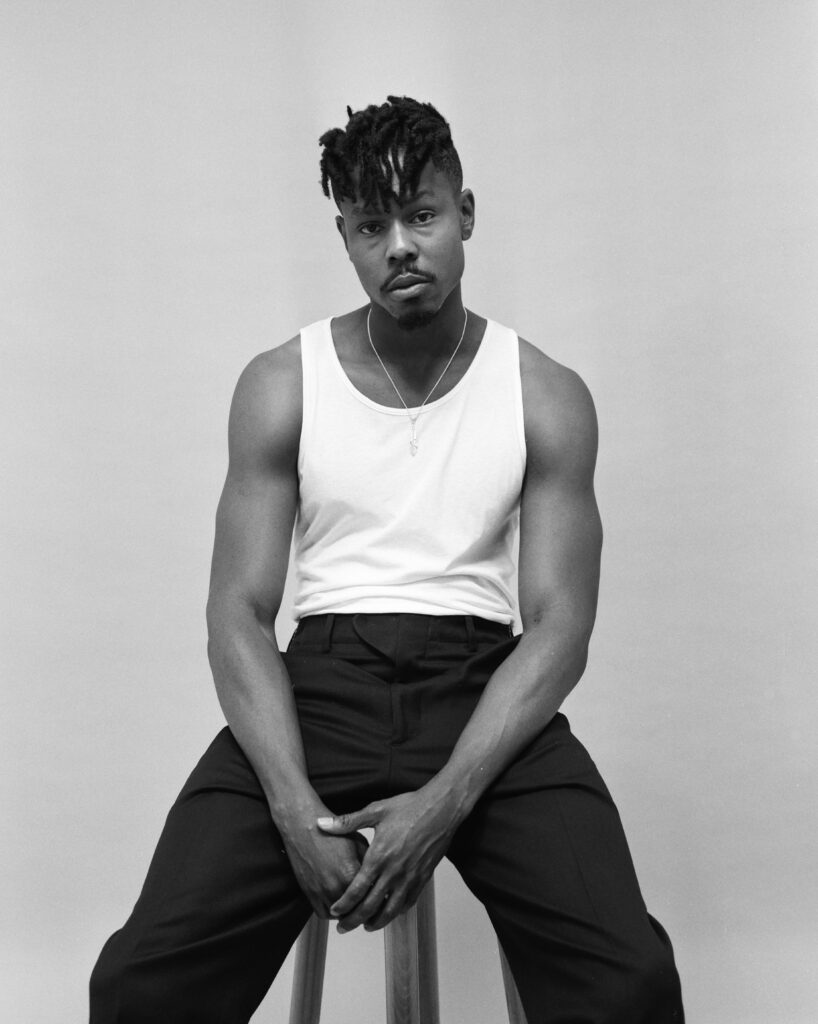
Tell us about your formative years.
I grew up and lived in Ikeja, Lagos. There was a lot of outdoor space and having a compound is one of the things I want to be able to give my own family. I feel like the only thing my childhood gave me was the opportunity to have a big imagination. My father in particular encouraged creativity and I don’t think he knew the depth of what he was doing. As I grew older, I started to realize the number of sacrifices my parents had to make for my siblings and me to have a childhood that felt good. I felt love, I felt family support and I understood sacrifice.
At what moment did you realize you had to pursue your passion for music?
2014 and 2015 were the years I made that decision of wanting to consistently start releasing music and shape my artistic identity. I was even releasing music before then; my day ones know this. But it was just something I was doing by the side. Then I went to school in Yankee [America] and my parents came to my graduation. I was sneakily playing one of my songs and my mum was like, “that’s Ladipoe now”. My dad too was like, “that’s Ladipoe, he’s the one.” That was when my parents got the first hint but they just thought I was doing it to survive and pass time in uni. My school was in the middle of nowhere and I remember my mother crying when she came to my school for the first time. She was wondering why she sent me to a school so far away from everything. When I eventually moved back to Nigeria, that was when I became more of an artist. I began to tell more stories that were more impactful and stories that captured my life and the life of a Nigerian.
How has this journey been so far for you?
It’s been what journeys are. It’s been something that started with all the bright ideas and dreams, and you’re now met with that excitement of making your first song and people are telling you it’s nice. Then you’re also met with the realization of what it takes to put out music and know that it’s not all about being in the studio. I was an independent artist for a while before I joined a label. I know what it’s like to write my press releases. I know what it’s like to reach out to people directly and be told no. It’s been an emotional journey honestly. It’s also been a journey of self-discovery but at the same time, a journey of sacrifice.
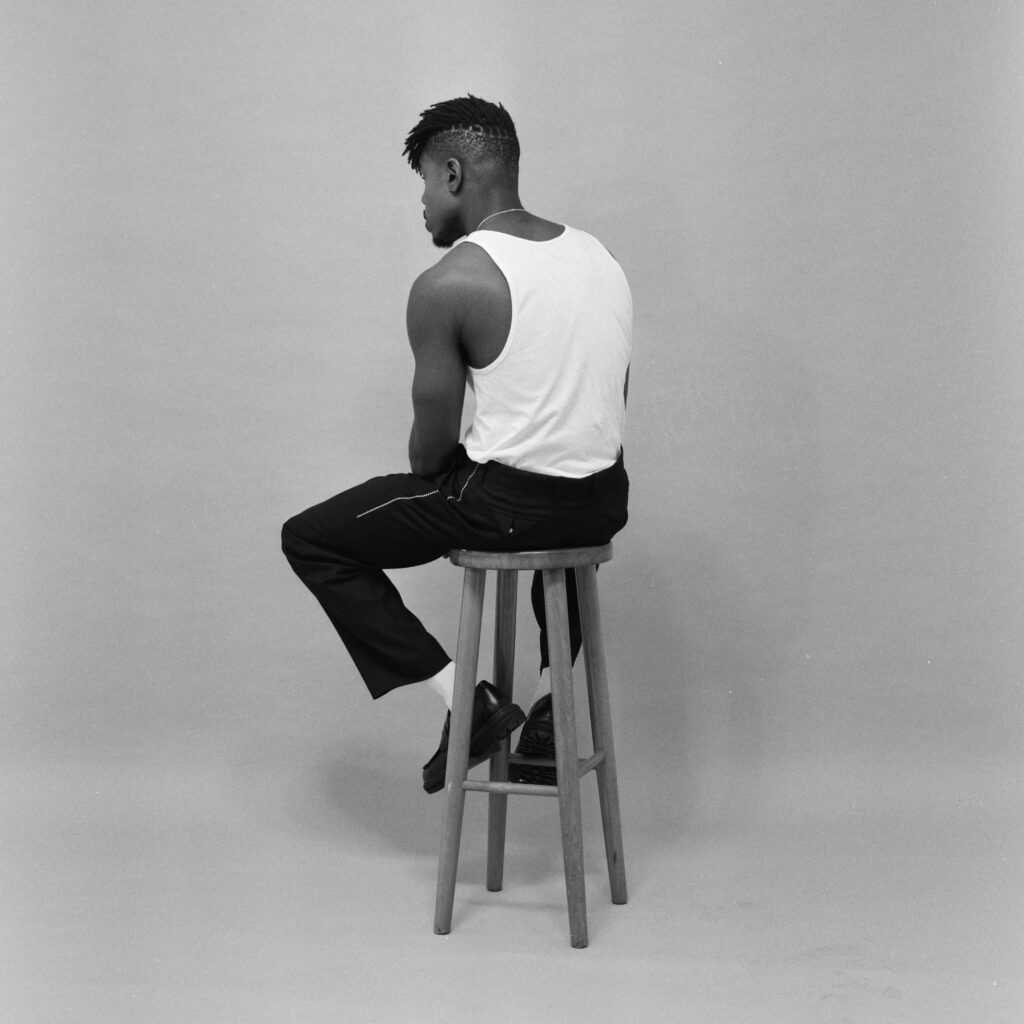
What inspired the creation of your latest project?
The title “Providence” really says a lot. The definition and the word itself are big inspiration points for me. It’s the timely preparation for future eventualities, and if you look at that definition, it describes my career. Timely preparations; it may never click, it may never work, but you’re still prepared. It takes a lot of belief, discipline, and delusion to stay prepared for something that might not happen. And “LOTR II”, the first track on the EP, captures where my mind is at. It describes what I’m going through, but I’ve also realized a moment of clarity and I see things.
When putting together this 6-track body of work, were there challenges and obstacles you encountered?
Of course. It took me a couple of months to write “LOTR II”. I take my time to write, but this was different. I needed to capture as many moments as possible because life was happening to me and I wanted to capture all these things. I made the first version of “Providence”, which is on the EP in 2019. And between 2019 to 2021, there was a pandemic, and then “Love Essential” was made. I had to weather that storm creatively and remain intact. There were obstacles; chasing people for beats, trying to find the right music, trying to stay inspired, wondering what songs would make the final cut, wondering if it’s good enough. These creative frustrations are there, and a lot of things happened to me personally in 2021 that made it a 50/50 chance whether or not the project was going to come out.
In spite of it all, how were you able to stay true to yourself and you sound?
Being authentic has always been something I value. The fact that I do something very specific makes me believe that it has a place on the big stage and globally. Don Jazzy knew from when I joined Mavin Records because I played him my music before I was signed in. I feel that authenticity is what’s going to take me far.
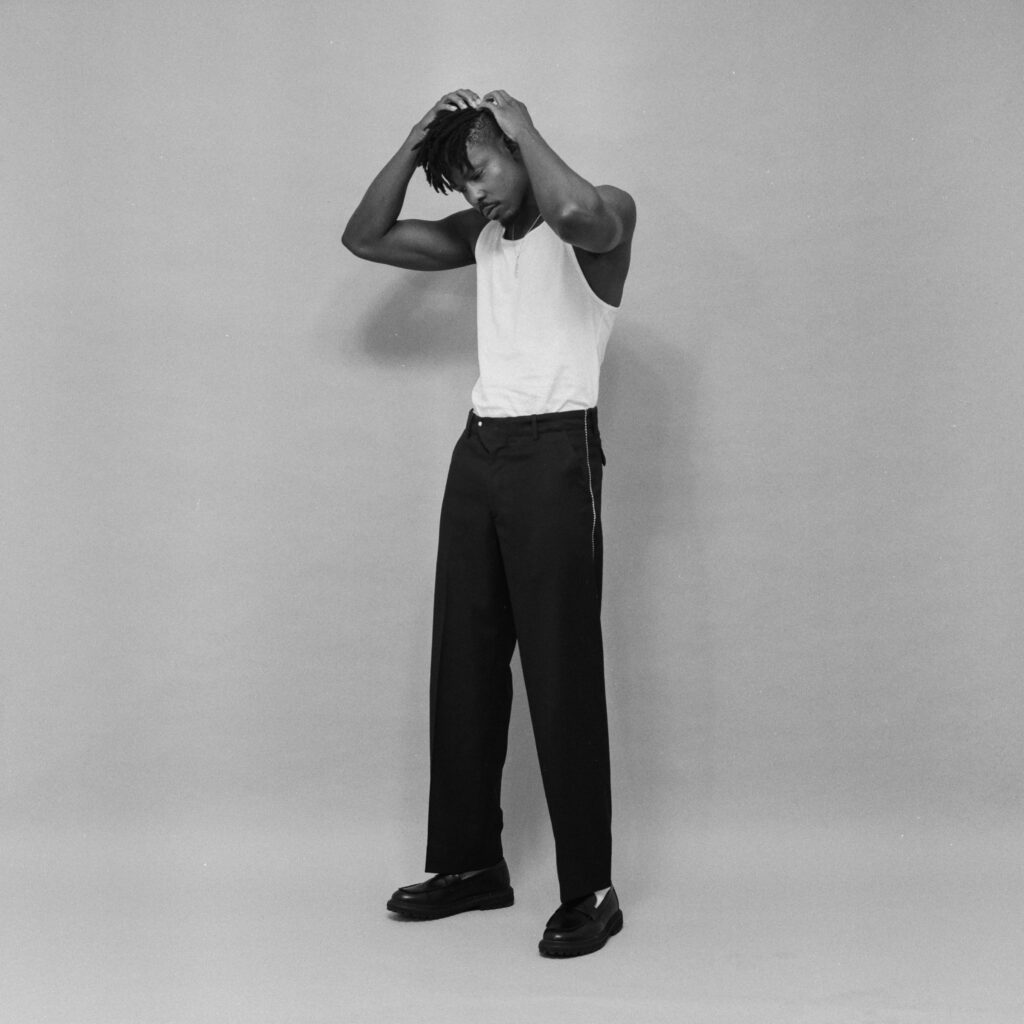
Since you unveiled your debut project in 2018, coupled with the success of your collaboration with Buju on “Feeling”, you’ve achieved a lot. Do you ever feel any pressure?
Pressure comes with the territory. When you’re doing something that has standard and good taste, there’s already implicit pressure in those things. The kind of love and energy I put into “Feeling” is the same love and energy that I put in all my songs. There is always pressure to maintain that. There’s also the pressure that comes from outside and I do a lot to remove myself from that environment because I don’t find it constructive. I find that people don’t know what they want and what they expect from you because you’re the one telling them.
What are your thoughts on the present Afro-rap scene in Nigeria?
This is such a huge question because I have so many opinions on it. First and foremost, I think Nigerians adore rap and love it in general. I also think rap music in Nigeria has a lot of baggage because everybody has an opinion of what it should be and what it should sound like. There are still a lot of people that feel hip-hop needs to sound the way Jay-Z does it.
As I said, I have an opinion and my opinion is simple. As a rap artist, the title “artist” comes with it, and being an artist means doing what’s within you through your specific medium of communication. Mine is through rap and lyrics, that is how I communicate. But that’s not the only thing that I possess. So as a rap artist, I must use all the skill set available to me to make the music the best way I know how, and sometimes, I don’t want to do it on a hip-hop beat. Why should I?
I was introduced to the Nigerian audience through hip-hop because I was working with SDC at the time. My music does not rely on just one sound, that’s why I don’t use a genre to describe my music. It’s all in the way I rap, it’s the way I put my words together, and it’s the way I see things that creates my sound. If you listen to the EP, you’d realize that there’s not one dominant musical style. I want the audience to accept that as a way for rappers to express themselves. Nobody should limit your power because of what they expect. There’s a reason why I say “Leader of the Revival” because we have to redefine what artistry means here and unshackle these old things that are still in place. The space is open now, and the artist would always evolve faster than the audience naturally, but hopefully, they catch up, appreciate it, and be happy.
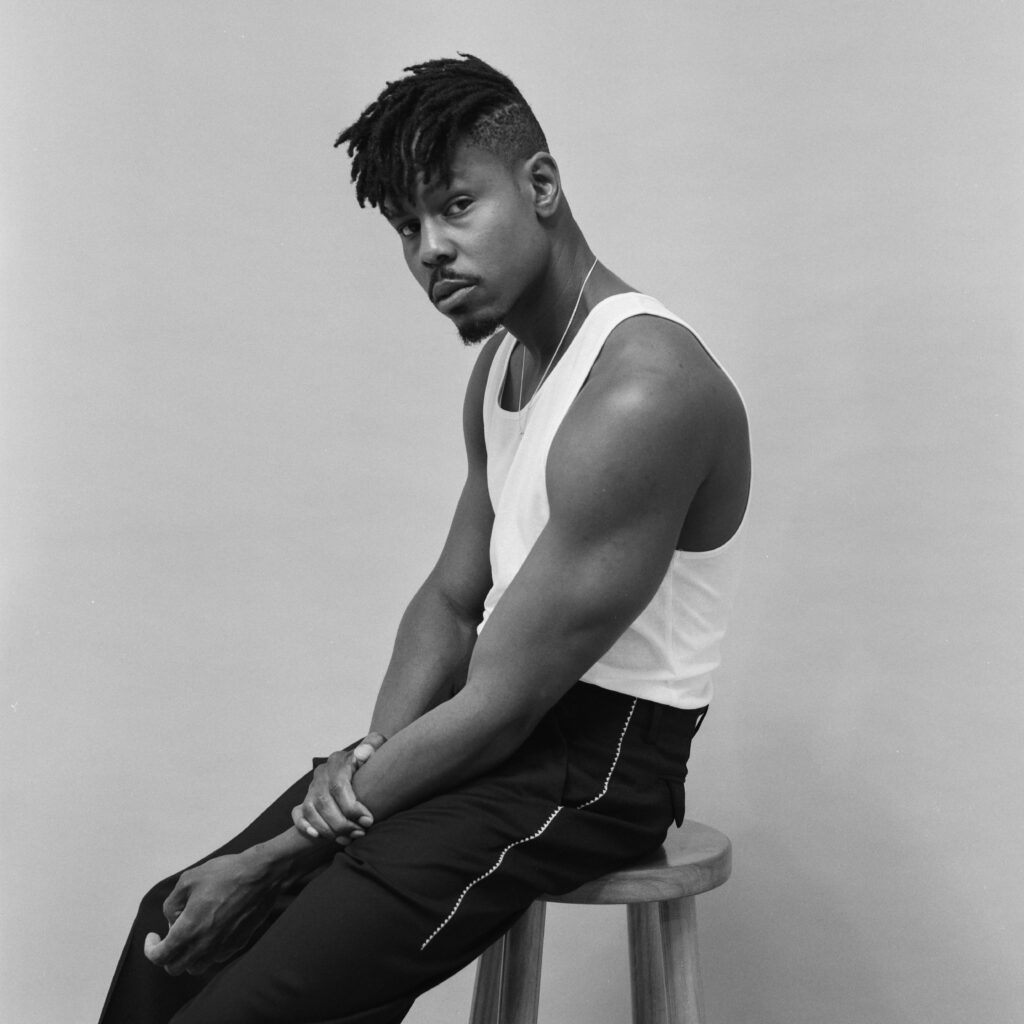
You can stream Ladipoe‘s Providence here.





![ZINO VINCI’S ‘FILTHY & DISGUSTING’EP BRINGS YOU TO THE CORE OF THE ARTIST [@ZinoVinci]](https://guap.co/wp-content/uploads/2023/10/Zino-4.jpg)

